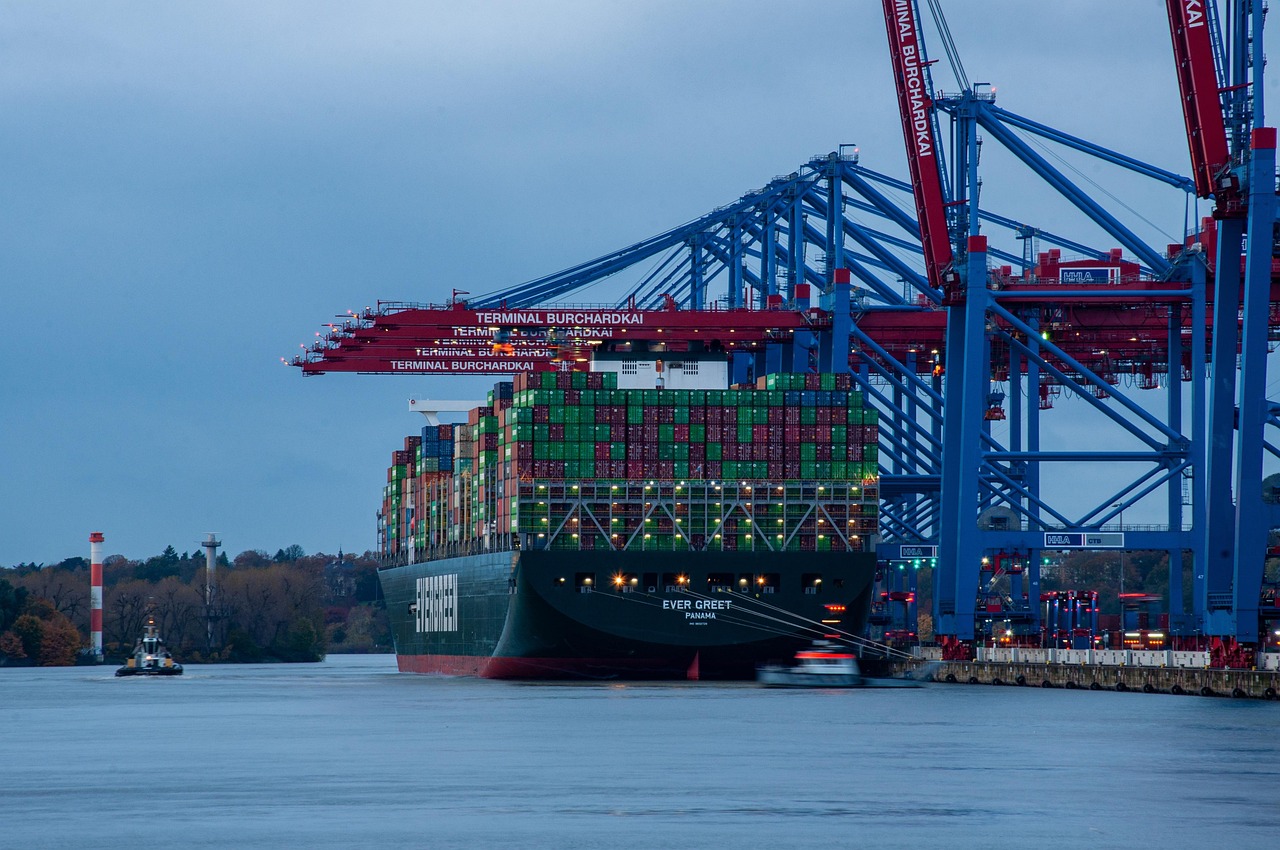
13
May
What are the key points for a freight forwarder to operate the air shippingation of aerospace equipm
Freight Forwarding of Aerospace Equipment to Dubai: Key Considerations for a Smooth Operation
Air transportation of aerospace equipment to Dubai is a complex process that requires meticulous planning and execution by freight forwarders. Here are the key considerations for a smooth operation:
1. Understanding the Equipment: It is essential to have a thorough understanding of the aerospace equipment being shipped. This includes knowing its size, weight, and specific features that may require special handling or packaging.
2. Documentation Preparation: Proper documentation is crucial for the smooth transportation of aerospace equipment. Required documents may include commercial invoices, packing lists, transport insurance certificates, and export/import licenses. Freight forwarders should ensure that all necessary documents are prepared accurately and in advance.
3. Compliance with Regulations: It is important to be familiar with the regulations and standards set by authorities in Dubai and other relevant countries. This includes customs regulations, aviation safety standards, and any other specific requirements for importing aerospace equipment.
4. Selecting the Right Air Carrier: Choosing an air carrier with a good reputation and experience in handling aerospace equipment is crucial. The carrier should have the necessary infrastructure and expertise to handle the equipment safely and efficiently.
5. Ensuring Safe Transportation: Aerospace equipment is often highly sensitive and requires special handling. Freight forwarders should ensure that the equipment is properly packaged and secured to prevent damage during transportation. Additionally, they should also ensure that the cargo is handled by qualified personnel who understand the specific needs of aerospace equipment.
6. Tracking and Communication: It is important to maintain regular communication with all parties involved in the shipment process, including the air carrier, customs authorities, and the client. Additionally, tracking the shipment's progress and providing updates to the client is crucial to ensure a smooth operation.
7. Risk Management: Aerospace equipment transportation involves various risks, such as damage, loss, and delays. Freight forwarders should identify potential risks and implement measures to mitigate them. This may include obtaining transport insurance and working with reliable partners who can provide assistance in case of emergencies.
8. Customs Clearance: Customs clearance is a crucial step in the air transportation process. Freight forwarders should have a good understanding of customs procedures in Dubai and work closely with customs brokers to ensure smooth clearance of the equipment.
9. Timely Delivery: Ensuring timely delivery of the aerospace equipment is essential for the client's business operations. Freight forwarders should work closely with the air carrier to ensure that the equipment is loaded and unloaded promptly and adhere to the scheduled time for arrival in Dubai.
In conclusion, freight forwarding of aerospace equipment to Dubai requires a comprehensive understanding of the equipment, regulatory compliance, careful planning, and effective communication. By following these key considerations, freight forwarders can ensure a smooth operation and satisfy their clients' needs.
Air transportation of aerospace equipment to Dubai is a complex process that requires meticulous planning and execution by freight forwarders. Here are the key considerations for a smooth operation:
1. Understanding the Equipment: It is essential to have a thorough understanding of the aerospace equipment being shipped. This includes knowing its size, weight, and specific features that may require special handling or packaging.
2. Documentation Preparation: Proper documentation is crucial for the smooth transportation of aerospace equipment. Required documents may include commercial invoices, packing lists, transport insurance certificates, and export/import licenses. Freight forwarders should ensure that all necessary documents are prepared accurately and in advance.
3. Compliance with Regulations: It is important to be familiar with the regulations and standards set by authorities in Dubai and other relevant countries. This includes customs regulations, aviation safety standards, and any other specific requirements for importing aerospace equipment.
4. Selecting the Right Air Carrier: Choosing an air carrier with a good reputation and experience in handling aerospace equipment is crucial. The carrier should have the necessary infrastructure and expertise to handle the equipment safely and efficiently.
5. Ensuring Safe Transportation: Aerospace equipment is often highly sensitive and requires special handling. Freight forwarders should ensure that the equipment is properly packaged and secured to prevent damage during transportation. Additionally, they should also ensure that the cargo is handled by qualified personnel who understand the specific needs of aerospace equipment.
6. Tracking and Communication: It is important to maintain regular communication with all parties involved in the shipment process, including the air carrier, customs authorities, and the client. Additionally, tracking the shipment's progress and providing updates to the client is crucial to ensure a smooth operation.
7. Risk Management: Aerospace equipment transportation involves various risks, such as damage, loss, and delays. Freight forwarders should identify potential risks and implement measures to mitigate them. This may include obtaining transport insurance and working with reliable partners who can provide assistance in case of emergencies.
8. Customs Clearance: Customs clearance is a crucial step in the air transportation process. Freight forwarders should have a good understanding of customs procedures in Dubai and work closely with customs brokers to ensure smooth clearance of the equipment.
9. Timely Delivery: Ensuring timely delivery of the aerospace equipment is essential for the client's business operations. Freight forwarders should work closely with the air carrier to ensure that the equipment is loaded and unloaded promptly and adhere to the scheduled time for arrival in Dubai.
In conclusion, freight forwarding of aerospace equipment to Dubai requires a comprehensive understanding of the equipment, regulatory compliance, careful planning, and effective communication. By following these key considerations, freight forwarders can ensure a smooth operation and satisfy their clients' needs.
LEAVE YOUR COMMENT
categories
recentpost
-
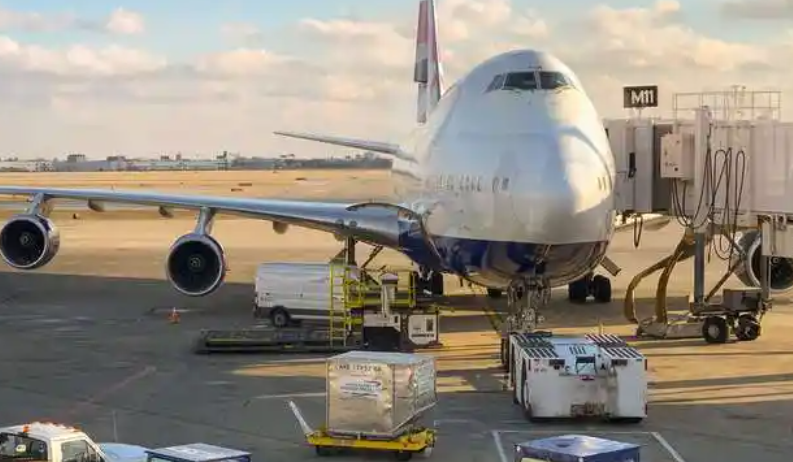 Key Differences in Document Handling & Handover for Consolidated Air FreightJul 16,2025
Key Differences in Document Handling & Handover for Consolidated Air FreightJul 16,2025 -
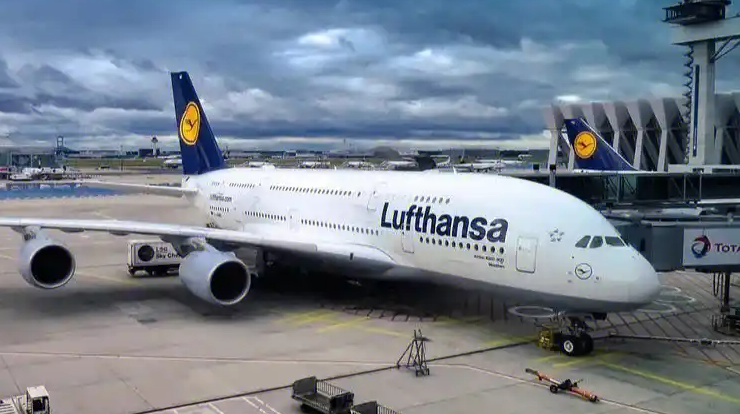 Unveils the Comprehensive Glossary of Air Freight Terms: Decode AWB, ULD, TACT & MoreJul 15,2025
Unveils the Comprehensive Glossary of Air Freight Terms: Decode AWB, ULD, TACT & MoreJul 15,2025 -
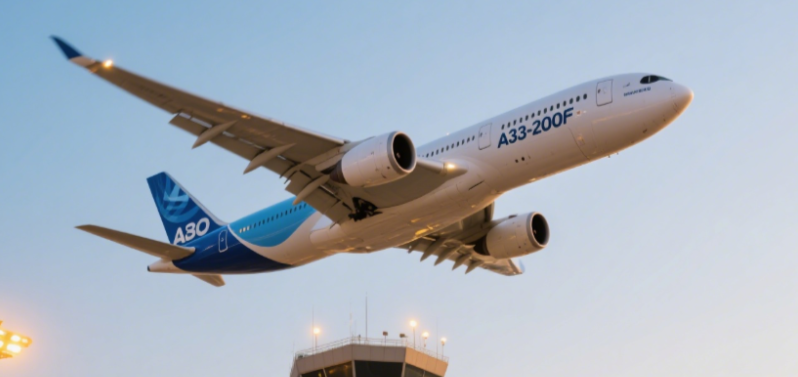 USA DDP By Air vs. International Express: A Comparative Analysis of 3 Core DifferencesJul 15,2025
USA DDP By Air vs. International Express: A Comparative Analysis of 3 Core DifferencesJul 15,2025 -
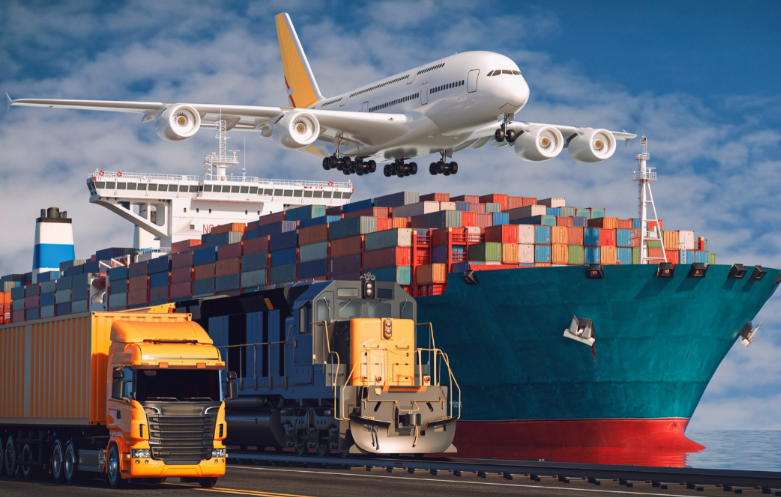 What are the shipping options from China to USA?Jun 24,2025
What are the shipping options from China to USA?Jun 24,2025 -
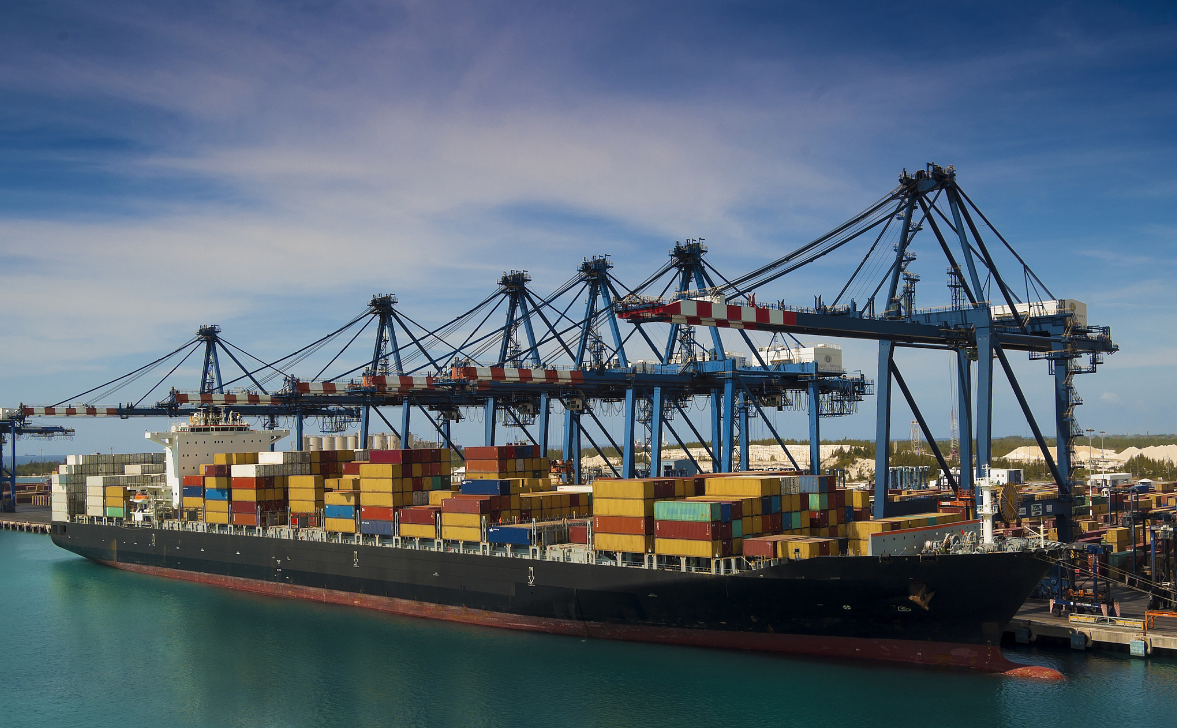 Shipping Costs from China to IsraelJun 23,2025
Shipping Costs from China to IsraelJun 23,2025 -
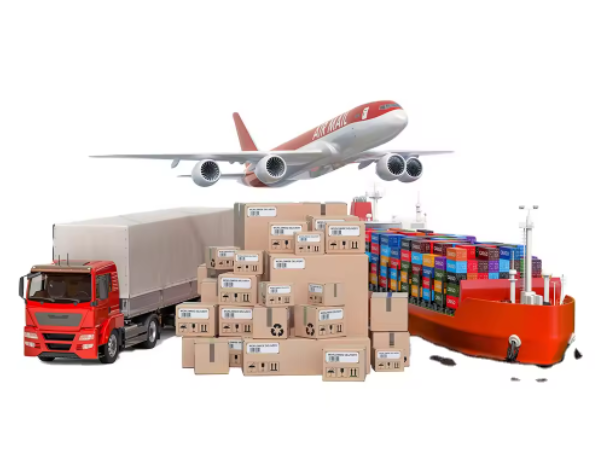 Door to door or DDP shipping from China to Mombasa, KenyaJun 20,2025
Door to door or DDP shipping from China to Mombasa, KenyaJun 20,2025
Online Service

